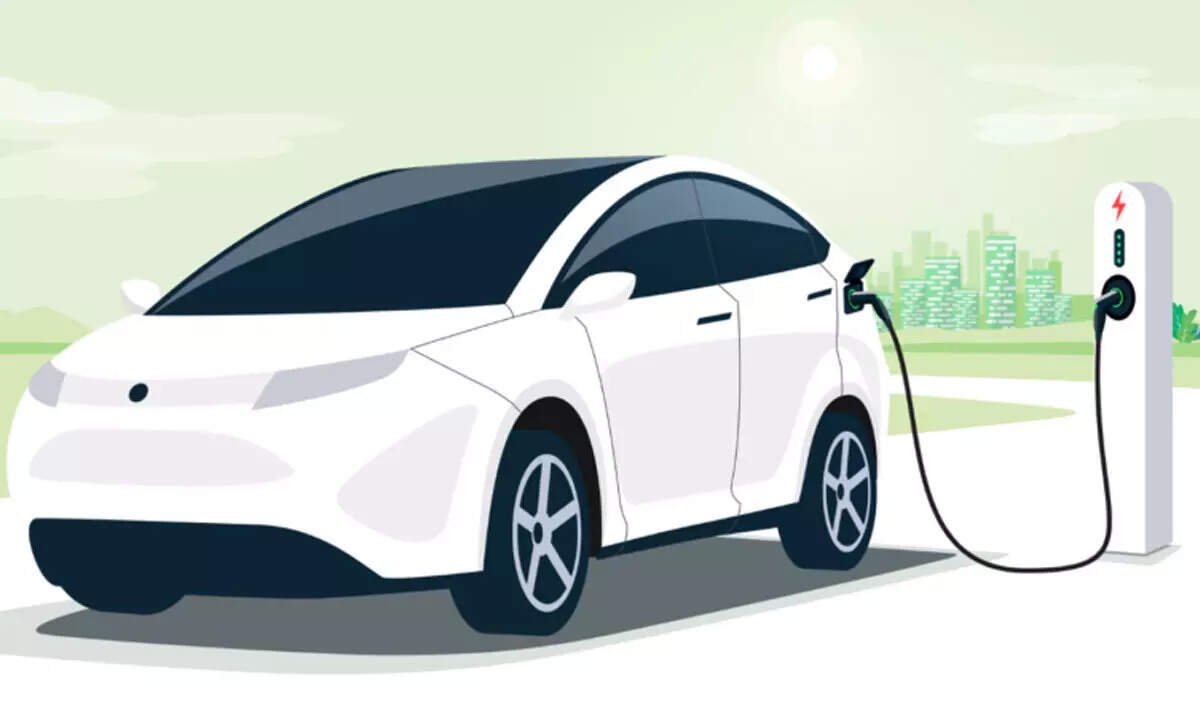[ad_1]

India is open to modifying its electric car manufacturing policy to factor in possibly lower import tariffs under the India-US trade agreement. The Scheme for Promotion of Manufacturing of Electric Passenger Cars in India (SPMEPCI) was announced in March 2024, but it is yet to be operationalised.
SPMEPCI planned to offer discounted import tariffs to high-end EV companies committing investments in India.
The scheme details have not been announced amidst lukewarm response from potential investors. “The guidelines could be launched in a few weeks,” a senior official said while adding that a final nod from some ministries is awaited. These guidelines will spell out operational contours of the scheme, after which applications from EV companies can be invited.
The incentives can be modified once the India-US bilateral trade agreement is finalised.
SPMEPCI required applicants to invest at least ₹4,150 crore in EV manufacturing, offering in return a lower 15per cent duty for importing high-end electric cars. Beneficiaries also need to achieve a minimum domestic value addition (DVA) of 25per cent within three years, scaling up to 50per cent at the end of five years.
But recent considerations to lower import duties on cars following pressure from US President Donald Trump threatens to render the scheme ineffective. Earlier this week, Elon Musk-led Tesla officials red-flagged India’s import tariffs on cars as a major deterrent for their entry to the country.
These comments were in the backdrop of India-US bilateral trade agreement (BTA) talks where import duties are a major flashpoint. Officials said India will tweak SPMEPCI if import duties on cars are lowered and incentives for local manufacturing need to be sweetened.
India currently charges an import duty of up to 100per cent on cars to protect its domestic manufacturing industry. There are various levels of duties on auto components as well. Trump first announced but subsequently paused reciprocal tariffs to fire up domestic manufacturing in the US. He has repeatedly criticised India’s high import tariffs on automobiles and others that make US exports uncompetitive.
[ad_2]
Source link





